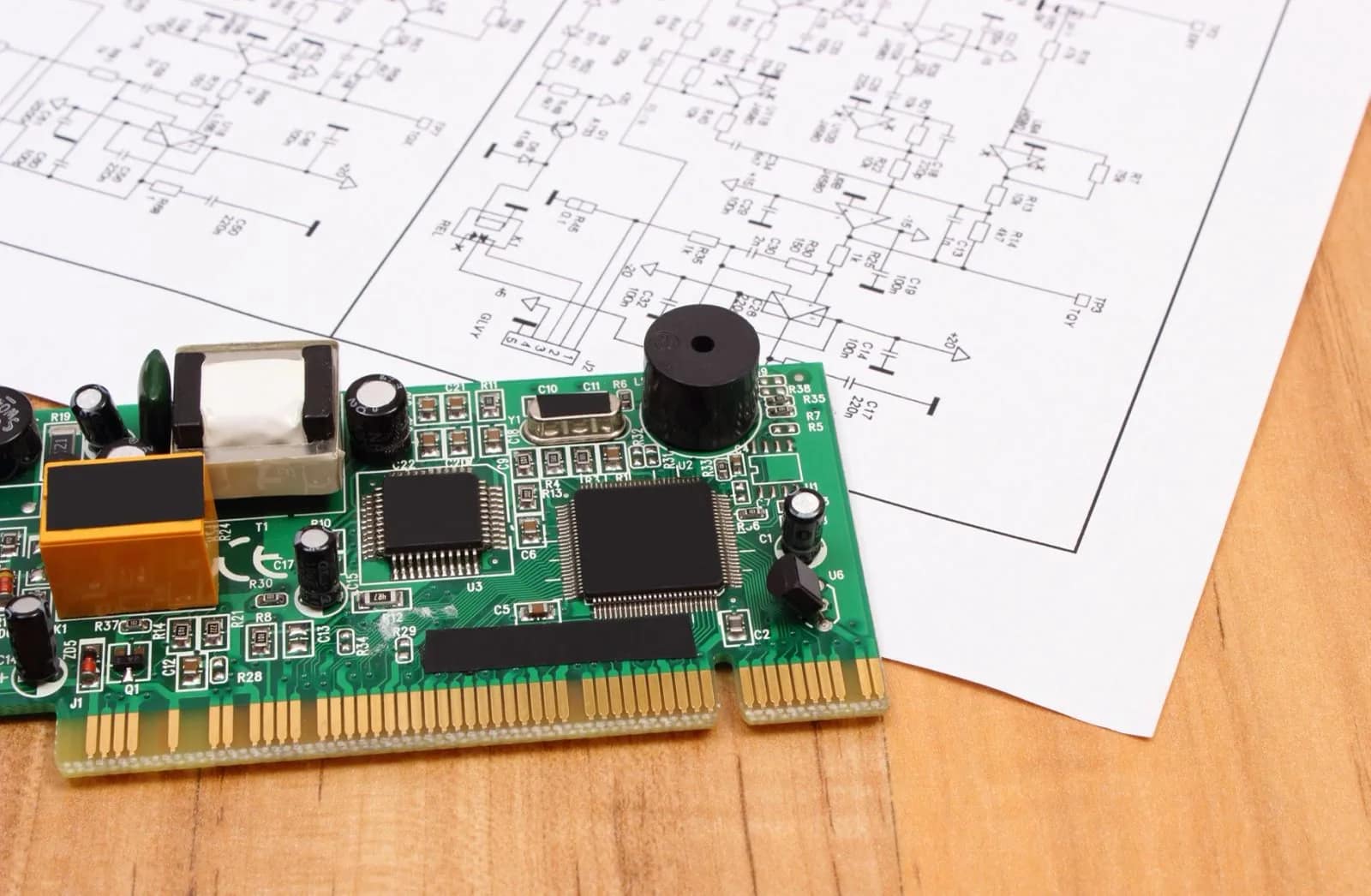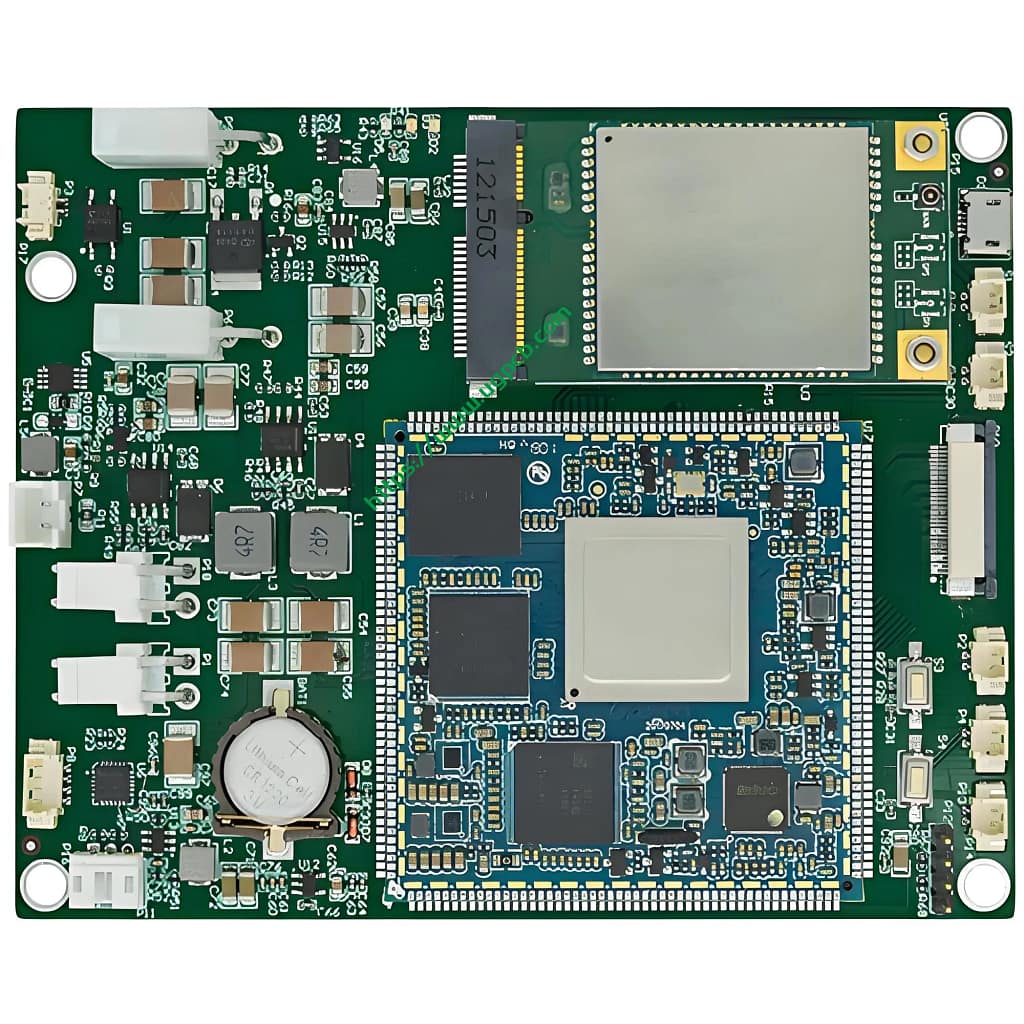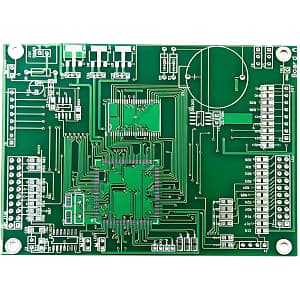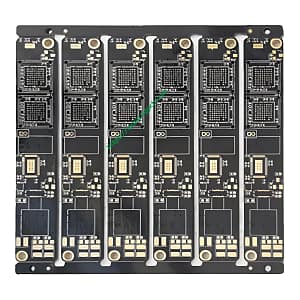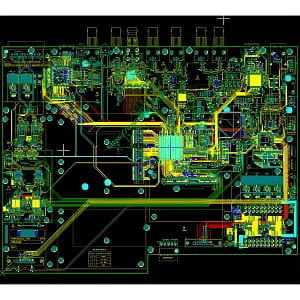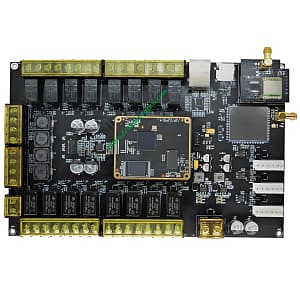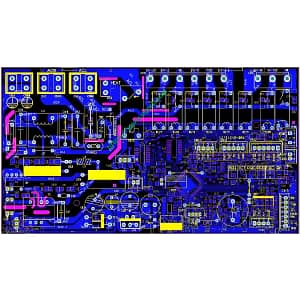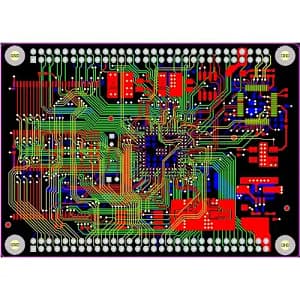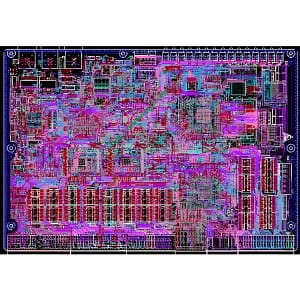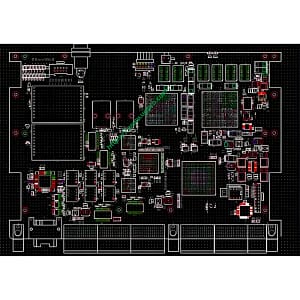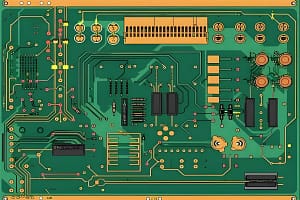Aperçu
Le détecteur d'air est développé et produit indépendamment. Il est basé sur le principe du capteur électrolytique à potentiel constant pour détecter le gaz pollué et le principe de la diffusion de la lumière pour détecter la poussière. Il s'agit du dernier produit technologique développé en combinaison avec la technologie électronique mature internationale et la technologie de communication réseau. L'équipement répond aux exigences de divers indicateurs techniques pour le système de surveillance automatique de l'air ambiant urbain.
Caractéristiques et avantages
- Localisation élevée: Il a un haut degré de localisation.
- Pratique: Il a une forte praticabilité.
- Ratio de performance idéale: Offre un rapport performance-prix idéal.
- Remplacement des importations: Peut remplacer des produits importés similaires.
Capacités de surveillance
Double surveillance
L'instrument peut surveiller les concentrations de particules gaz et respirable sur le même affichage. Un instrument peut surveiller quatre paramètres en même temps.
Échantillonnage et analyse automatique
Le mode de travail de l'instrument est un échantillonnage automatique et une analyse automatique. La concentration mesurée est directement affichée sur l'écran d'affichage, et la moyenne quotidienne et la moyenne mensuelle sont automatiquement calculées.
Stockage et récupération des données
Il peut stocker des données de surveillance pour 30 jours (y compris les moyennes quotidiennes et mensuelles). L'instrument a USB, Interface de vidage de données RS485, qui peut vider les données stockées sur l'ordinateur.
Options d'alimentation
L'instrument est conçu pour être alimenté par une batterie de lithium rechargeable, ou peut être alimenté par AC220V. Lorsque vous utilisez une alimentation AC220V, Il facture également la batterie au lithium intégrée. Lorsqu'il n'y a pas d'alimentation AC220V, L'instrument démarrera automatiquement la batterie de lithium pour alimenter, afin qu'il puisse être utilisé comme instrument portable. Également disponible en tant qu'instrument en ligne.
Portabilité et commodité
L'instrument est de petite taille et équipé d'un boîtier de chariot portable, ce qui est pratique pour la surveillance mobile.
Système de logiciel informatique supérieur
Le système de logiciel informatique supérieur prédit et prévoit la tendance de l'état de la pollution de l'environnement et de la tendance de développement dans la juridiction en fonction des données historiques de données et d'analyse. Cela fournit une base scientifique pour contrôler efficacement les conditions environnementales dans la juridiction.
 LOGO UGPCB
LOGO UGPCB
